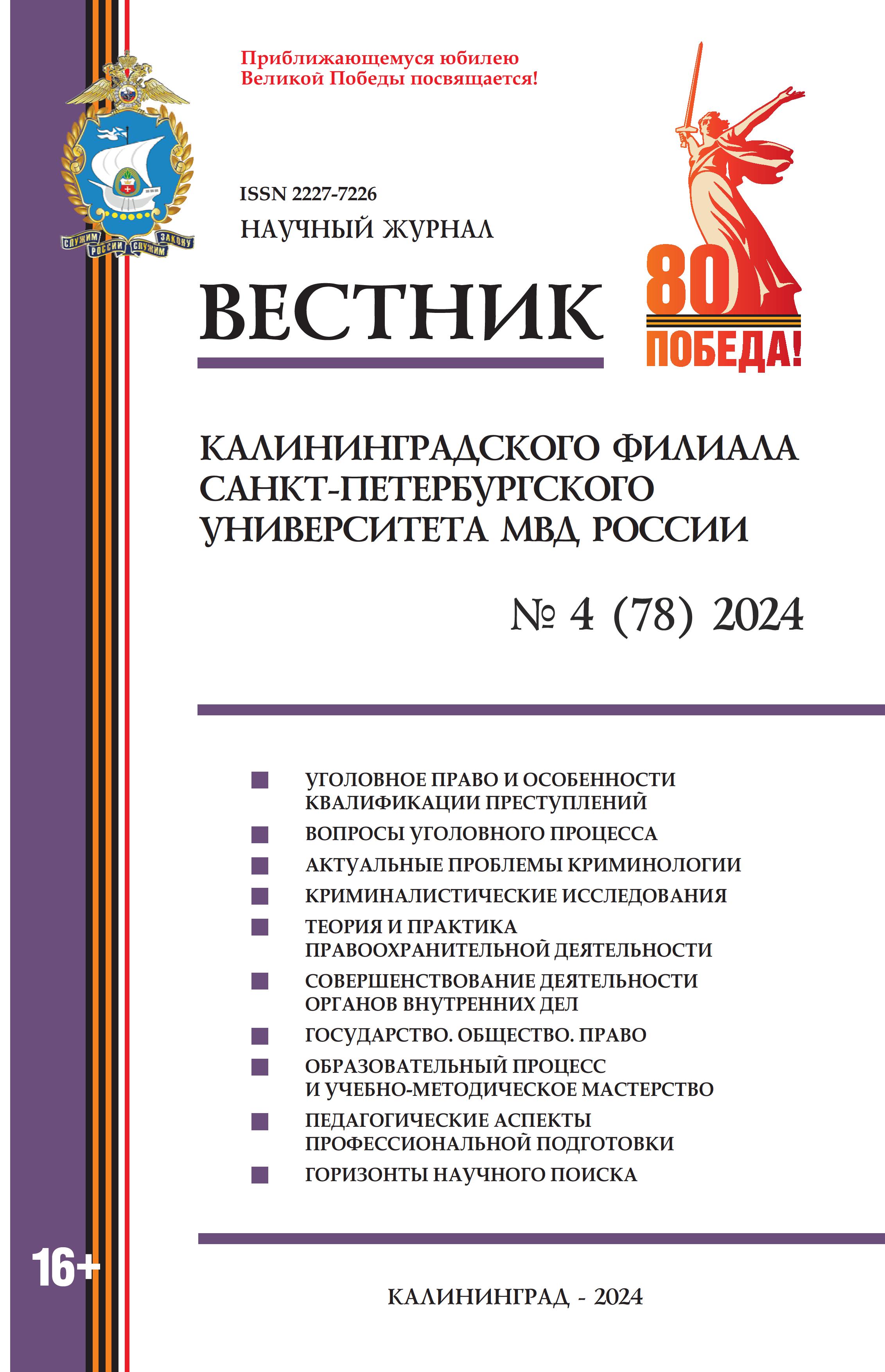Kaliningrad, Kalinigrad, Russian Federation
Introduction. Strengthening of integrative processes in science has led to a rethinking of the purpose of interdisciplinary connections in higher education. The relevance of the study, the results of which are presented in the article, is due to the importance of introducing into the educational process such interdisciplinary connections that can improve the quality of education, ensure the integrity of the competence-based approach to learning, the possibility of mobility and adaptability in practice. The purpose of the study was to analyze the interdisciplinary connections of rhetoric with other disciplines taught at the university, as well as ways to improve their effectiveness. Methods. The study used a set of complementary general scientific (analysis, generalization of pedagogical experience, classification, etc.) and pedagogical (comparative analysis of pedagogical concepts, pedagogical observation of the educational process, description of types of interdisciplinary connections, etc.) methods. Results. First, the author considers traditional forms of interdisciplinary connections, with the help of which integrative relations are established between academic disciplines for better assimilation of educational material by students. Of all the variety of such connections in university practice, the following are considered to be especially relevant: methodological interdisciplinary connections that help to understand the dialectical interrelation of academic disciplines; substantive interdisciplinary connections that require an integrated presentation of the material reflecting the achievements of all sciences participating in the process of cognition; operational interdisciplinary connections responsible for the formation of skills and abilities of a comprehensive nature. Further, the interdisciplinary connections necessary for the formation of complex competencies are considered. It is proposed to develop a unified program for the formation of such competencies with an accurate recording of the contribution of each discipline to this process. In conclusion, a number of forms of possible use in interdisciplinary work of disciplines not included in the training program for lawyers are presented.
Rhetoric, methods of rhetoric, communicative competence, interdisciplinary connections, interdisciplinary integration, learning efficiency.









